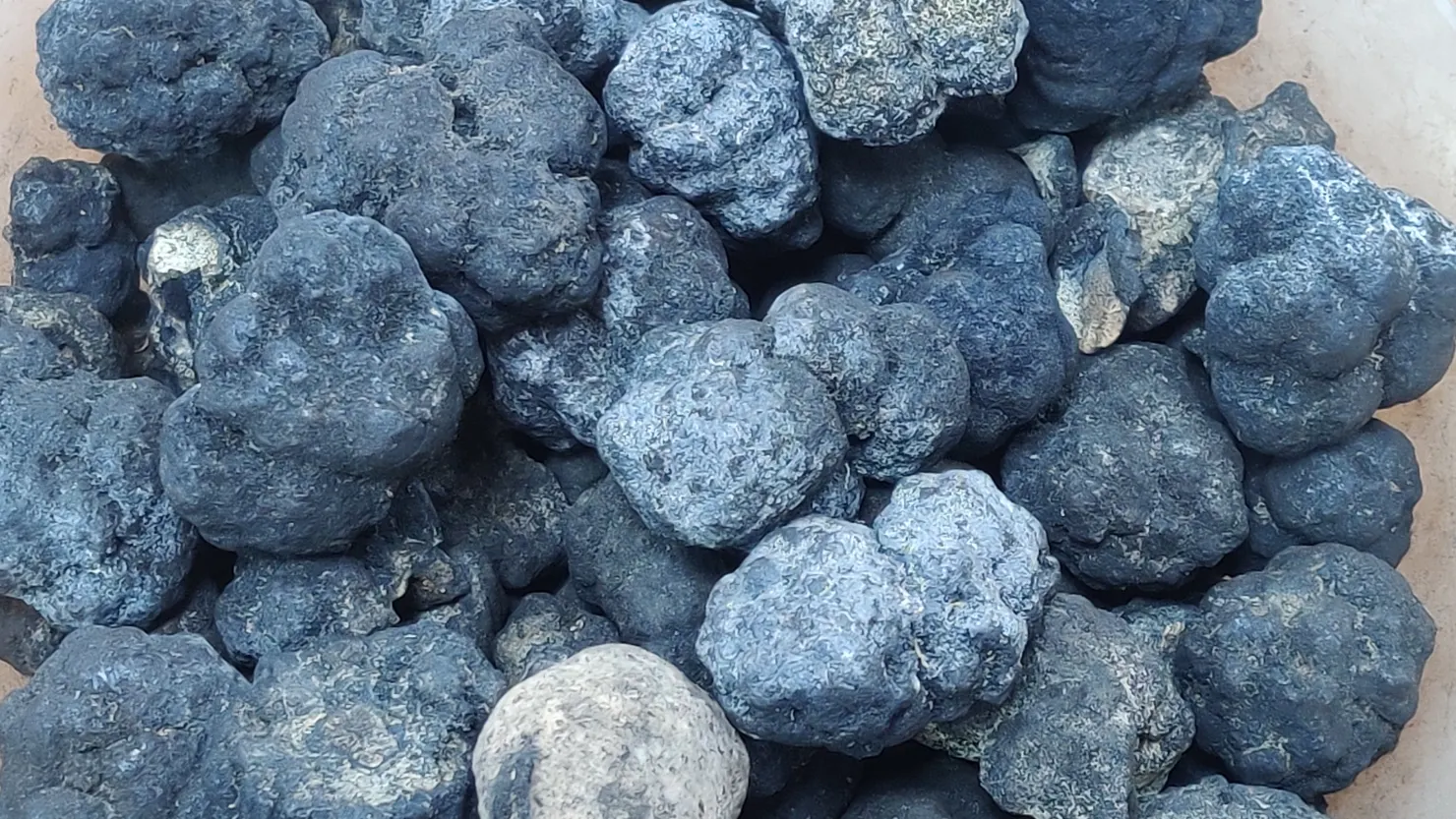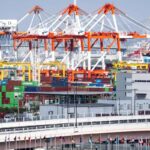U.S. President Donald Trump has signed an executive order aimed at accelerating the practice of deep-sea mining, a move that is expected to challenge China’s dominance in the global supply chains for critical minerals. The order seeks to hasten the extraction of strategically important minerals such as nickel, copper, and rare earth elements from the ocean floor in both U.S. and international waters.
“The United States has a core national security and economic interest in maintaining leadership in deep sea science and technology and seabed mineral resources,” Trump said in the executive order signed Thursday.
The unilateral action, designed to counter China’s growing influence over seabed mineral resources, also aims to strengthen partnerships with U.S. allies and ensure that American companies are well-positioned to support responsible seabed mineral development.
Critics of the order argue that it contradicts ongoing global efforts to establish regulations for deep-sea mining. The executive order directs the Trump administration to expedite mining permits under the Deep Seabed Hard Minerals Act of 1980 and calls for the establishment of a streamlined process for issuing permits along the U.S. outer continental shelf. It also seeks an expedited review of seabed mining permits for areas beyond national jurisdiction.
What is Deep-Sea Mining?
Deep-sea mining involves the use of heavy machinery to extract minerals and metals from the ocean floor, where these resources accumulate into nodules about the size of potatoes. These minerals have a wide range of applications, including in the production of electric vehicle batteries, wind turbines, and solar panels.
Proponents of deep-sea mining argue that it could be a highly lucrative industry, potentially reducing the need for large-scale mining operations on land. However, many scientists caution that the full environmental impacts of the practice remain unpredictable. Environmental groups warn that deep-sea mining could result in significant ecosystem destruction and the extinction of marine species.
“We condemn this administration’s attempt to launch this destructive industry on the high seas in the Pacific by bypassing the United Nations process,” said Arlo Hemphill from Greenpeace USA. “This is an insult to multilateralism and a slap in the face to all the countries and millions of people around the world who oppose this dangerous industry.”
The International Seabed Authority’s Role
The International Seabed Authority (ISA), a U.N. body tasked with regulating deep-sea mining, has been working for years to develop standards for the exploitation and extraction of polymetallic nodules and other ocean-floor deposits. ISA members aim to finalize regulations by the end of 2025, raising questions about the timing of Trump’s executive order, which bypasses ongoing global discussions.
The ISA was created under the 1982 United Nations Convention on the Law of the Sea (UNCLOS), a treaty that the U.S. has not ratified. The authority oversees roughly 54% of the world’s oceans and is responsible for both the exploitation and conservation of these areas.
ISA Secretary-General Leticia Carvalho told CNBC last year that it remains feasible for ISA member states to reach an agreement on regulatory standards by the end of 2025.
Unexpected Global Alliances
The U.S. administration’s decision to move forward with deep-sea mining permits could escalate geopolitical tensions over critical minerals and the control of international waters. Analysts at Eurasia Group highlighted that the U.S. dismissal of U.N. processes could lead to unexpected alliances in opposition to its actions.
For instance, the U.S. and Canada-based deep-sea mining exploration firm, The Metals Company, has faced criticism from over 40 countries, including China, Russia, and the U.K. Even Norway, which had previously considered seabed mining within its own waters, has aligned with countries like China, India, and Poland to oppose U.S. actions.
Eurasia Group analysts noted, “The concern centers on the U.S. abruptly bypassing previously agreed processes on deep-sea mining.” As tensions rise, the global community watches closely to see how these moves will impact international relations and future deep-sea mining endeavors.






